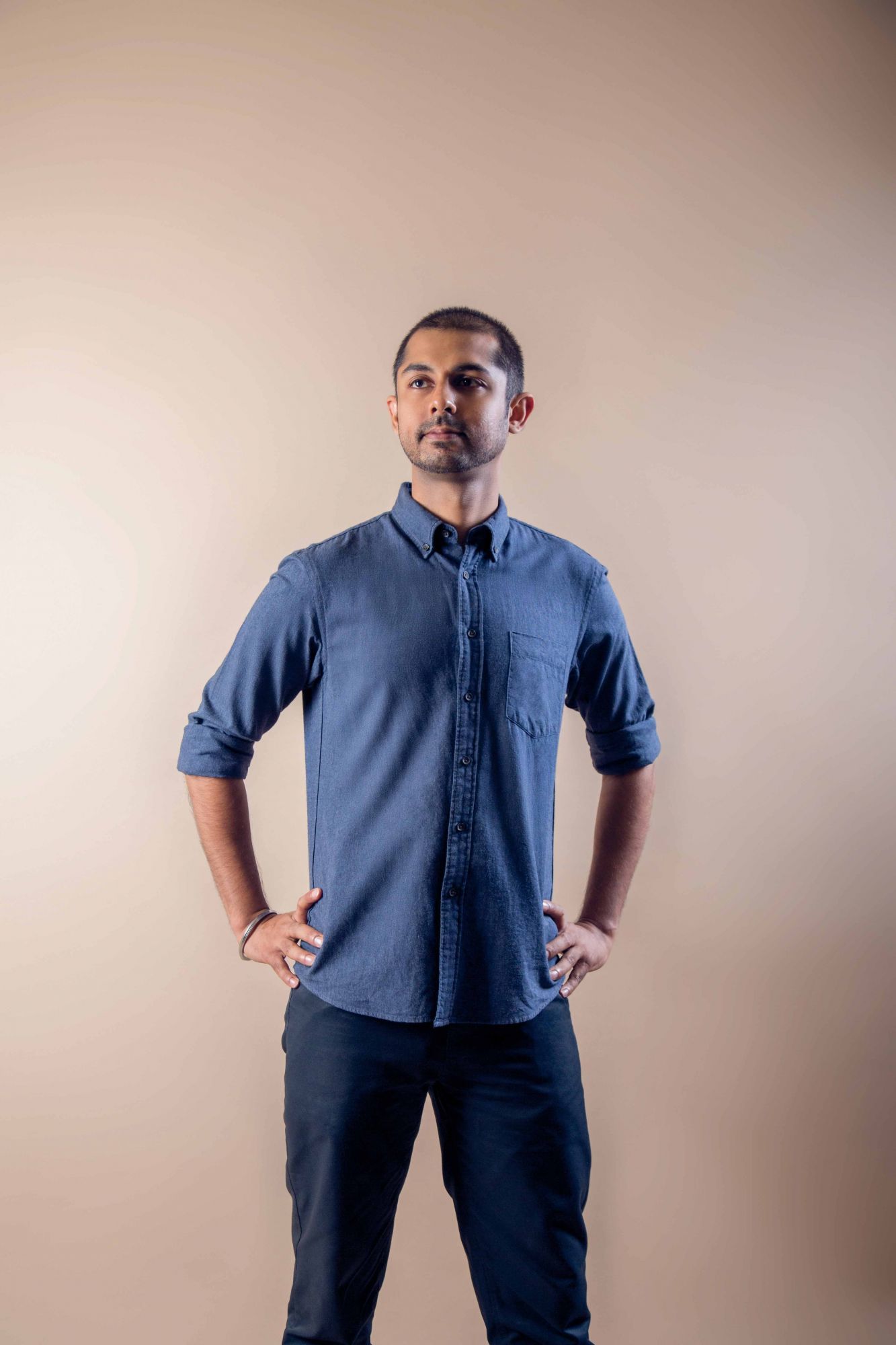The Biji-Biji Initiative founder tells Gen.T how he turned a pile of rubbish into an international business
Rashvin Pal Singh first got the idea for Biji-Biji Initiative when he saw a pile of discarded wood outside a new-build house in Kuala Lumpur. Most people would walk past without a backward glance, but Singh immediately saw the potential in this beautiful wooden flooring and ornate ceiling finishes, so he arranged to take them home. The rest, much like those interiors might have been, is history.
“Coming from an urban context, the most glaring problem we have with sustainability is the waste problem,” he explains, on the phone from Malaysia. “The linear economy simply doesn’t work. I realised that people could get excited about a circular economy as soon as I brought all the wood back to my apartment, put a post on Facebook to call for ideas, and then started making a few things.”
After they sold quickly on social media, he realised that what had begun as a weekend project could turn into something bigger—both for himself and Malaysian consumption habits.
"Humanity is at a turning point," he explains. "In our pursuit of modernity, we have wanted more and more, faster and faster. Our access to healthcare has never been better, and the human lifespan is the longest it has ever been in the history of mankind. Today, the average person has access to technology that was unfathomable just half a century ago. For all our successes, there is a dark side: our consumption patterns. We have been taught to believe that buying more things will bring happiness. In the name of progress, we have neglected the ecosystem around us. We have lost touch with nature and in doing so, we have suffered an extreme loss of biodiversity. Rather than completely cease to consume, our mission must be to reimagine consumption in a way that is beneficial to the people as well as to the planet."

We have been taught to believe that buying more things will bring happiness

